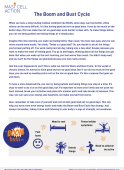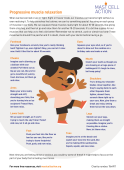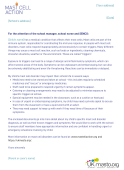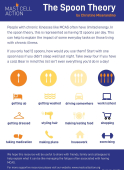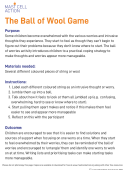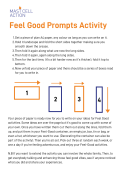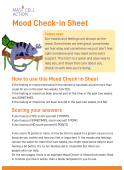

Welcome
Firstly, welcome to our website. We are a small charity called Mast Cell Action and are working hard to support people with MCAS or suspected MCAS and try to make life better for them.
Living with MCAS can be really tough, and we hope that the information we provide will help you to manage life with MCAS.
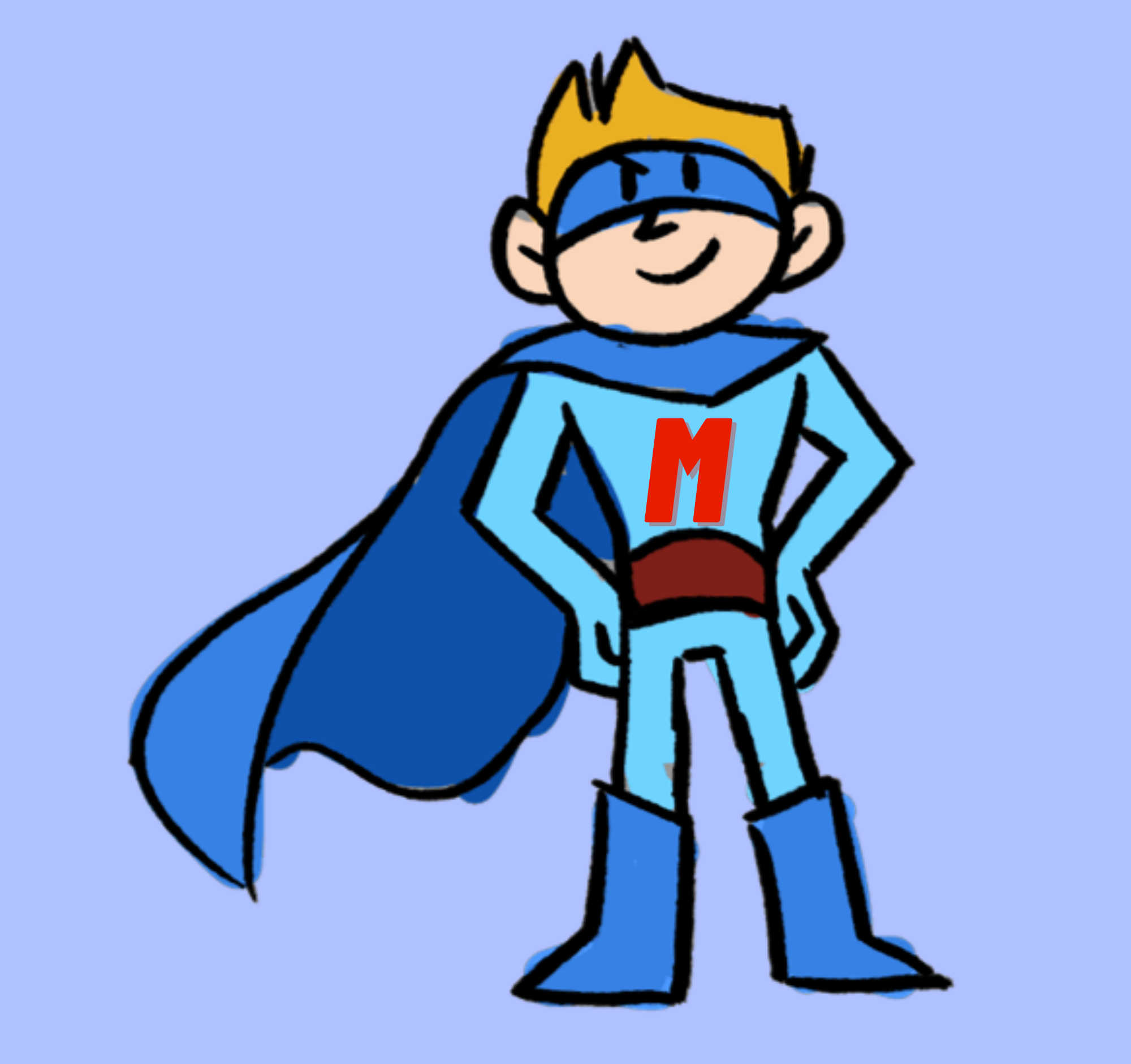
What is MCAS?
MCAS or "Mast Cell Activation Syndrome" is a condition that can happen to both kids and adults. It's part of a group of problems called mast cell disorders. People with MCAS might also have other mast cell issues like mastocytosis or hereditary alpha tryptasemia syndrome (HATS).
When someone has MCAS, special chemicals in their body, called mast cell mediators, are released too often or in large amounts.

Sometimes these chemicals are released when they're not supposed to be, like when you eat certain foods or come into contact with things in the environment that aren't usually harmful. This can cause many different symptoms that can affect many parts of the body.
Scientists are still learning about MCAS. Sometimes it runs in families, which means it might be genetic. For example, HATS is caused by having extra copies of a gene called alpha tryptase (TPSAB1).
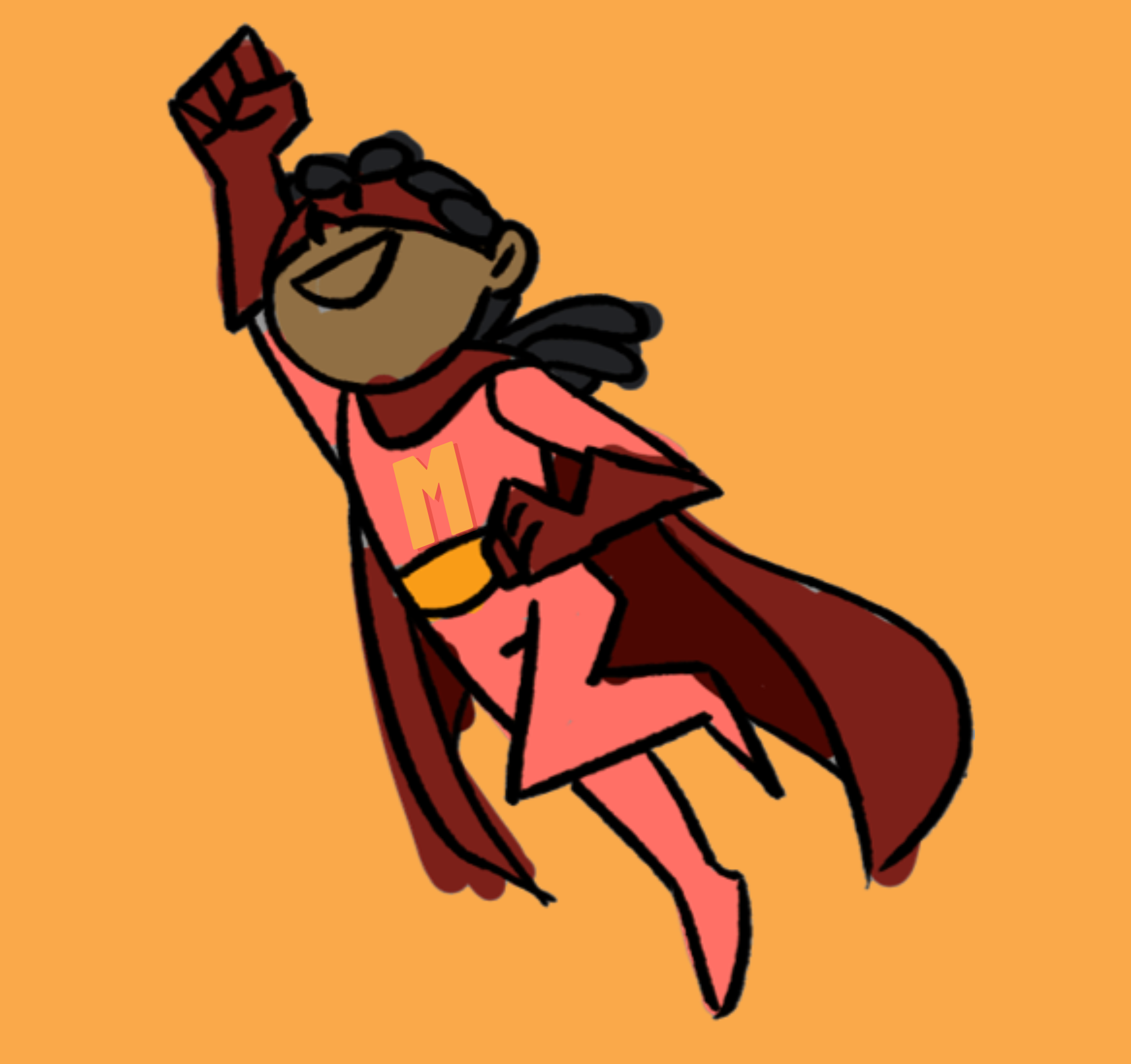
Triggers
A trigger means something that causes the chemicals in your body called mast cell mediators to be released when they shouldn't.
Triggers can include smells, exercise, stress, or changes in temperature as well as other things.
Because each person reacts to different triggers, which can make it a puzzle for us to work out which ones affect us.

Symptoms
MCAS symptoms can be really unpleasant and can affect many parts of the body at the same time. As time goes on, the number of things that trigger symptoms and how bad the symptoms are might change and can sometimes get worse. Keeping a diary of your symptoms to show your doctor can be very helpful in understanding what you are going through.
Living with MCAS can be really tough. The symptoms can be very serious, and it's hard to know what will trigger them.

Helping with MCAS
Often, doctors give people with MCAS medicines which can help calm down those overexcited mast cells and make them feel better. We can also try to avoid things that trigger our symptoms. This is different for each person, but might mean avoiding foods that bother our mast cells, trying not to get too stressed, or staying away from strong smells.
Finding ways to relax, like doing mindfulness activities or deep breathing, can help calm our bodies down and make us feel better.

Have you met Casper?
Casper the Chameleon is our Mast Cell Action Mascot! Casper is a chameleon who has MCAS and is finding it pretty tough to live with.
You can ask an adult to order your FREE copy by completing this form.
We hope that you enjoy reading about Casper and his friends. This story is especially for you and we'd love to hear what you think of Casper, so please let us know!

Hypermobility Syndromes Association - Kids Zone
The Hypermobility Syndromes Association have put together a Kids Zone! You'll find resources and information designed just for kids living with hypermobility syndromes. Explore helpful tips and inspiring stories that make learning about hypermobility both educational and enjoyable.
Click here to visit the Hypermobility Syndromes Association's Kids Zone.
Frequently Asked Questions
Are MCAS and allergies the same thing?
No, they're not the same, although there are symptoms which people might have with both MCAS and allergies.
What are the symptoms of MCAS?
The symptoms of MCAS are different for everyone, take a look at the list below to see which ones you recognise.
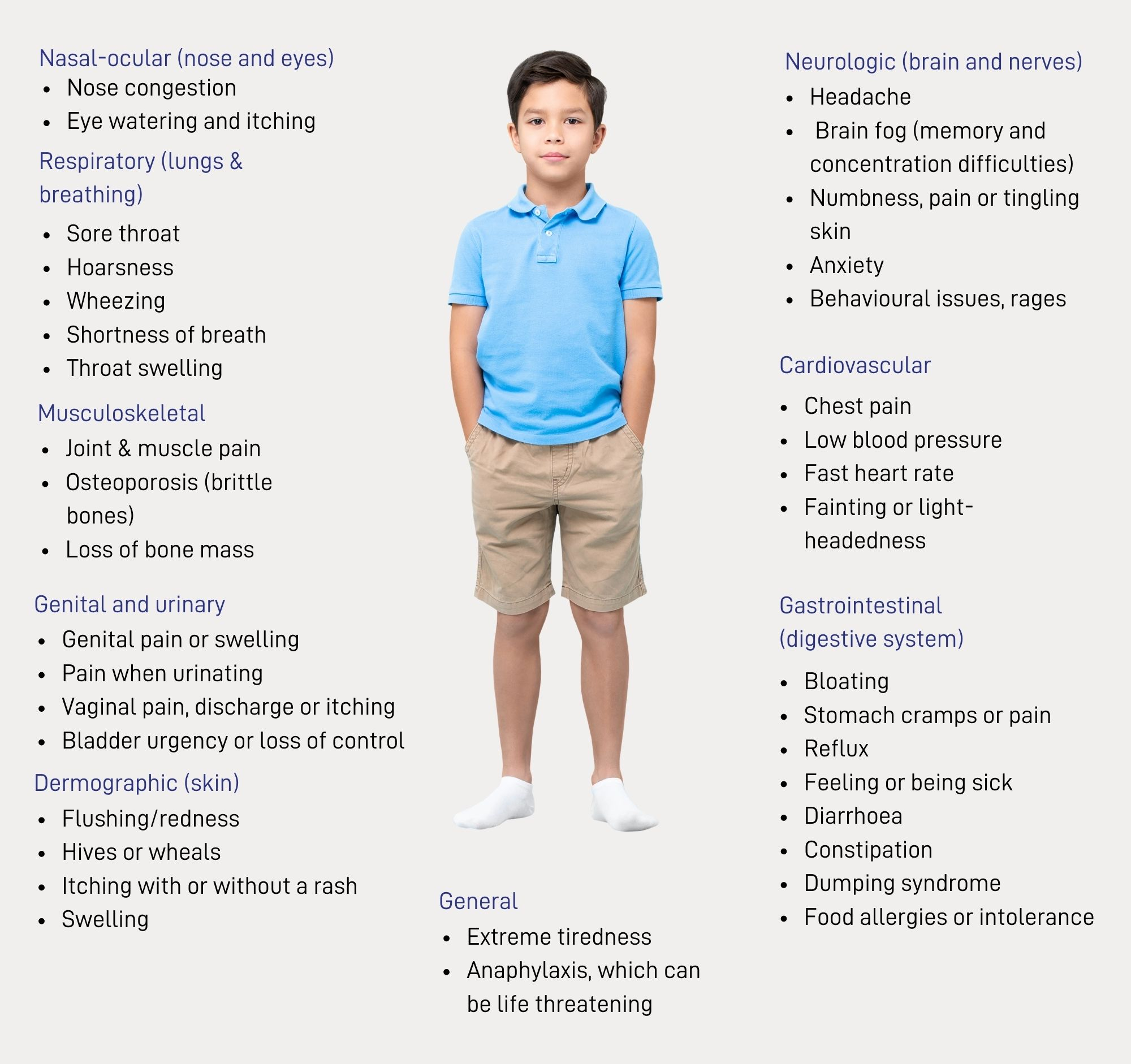
Is MCAS contagious?
No, MCAS is not contagious. You can't catch it from someone else like a cold or the flu.
What causes MCAS?
Scientists are still trying to figure this out, but sometimes it runs in families, which means it might be genetic.
Can MCAS go away on its own?
There isn't a cure for MCAS at the moment. We hope, with more research, that we will find out more about MCAS and how to help people living with MCAS.
Can I still play with my friends if I have MCAS?
We think you will be able to find a safe way to play with your friends. You might have to be a little more careful with things that might trigger your MCAS. It could help to share your Casper book with them to help them understand MCAS a little more.
Can I have treats like ice cream or sweets with MCAS?
It depends on what triggers your MCAS. Because each person with MCAS is different, you should follow the plan which will help to keep you safe and find the right treats for you.
Resources and Games
Become a friend
Sign up to become a Friend of Mast Cell Action so we can keep you up to date on our progress and on how to get involved in our latest campaigns and initiatives.
Donate
Mast Cell Action relies entirely on the generosity of people like you. Please make a donation now and together we can make a difference to those affected by MCAS.



